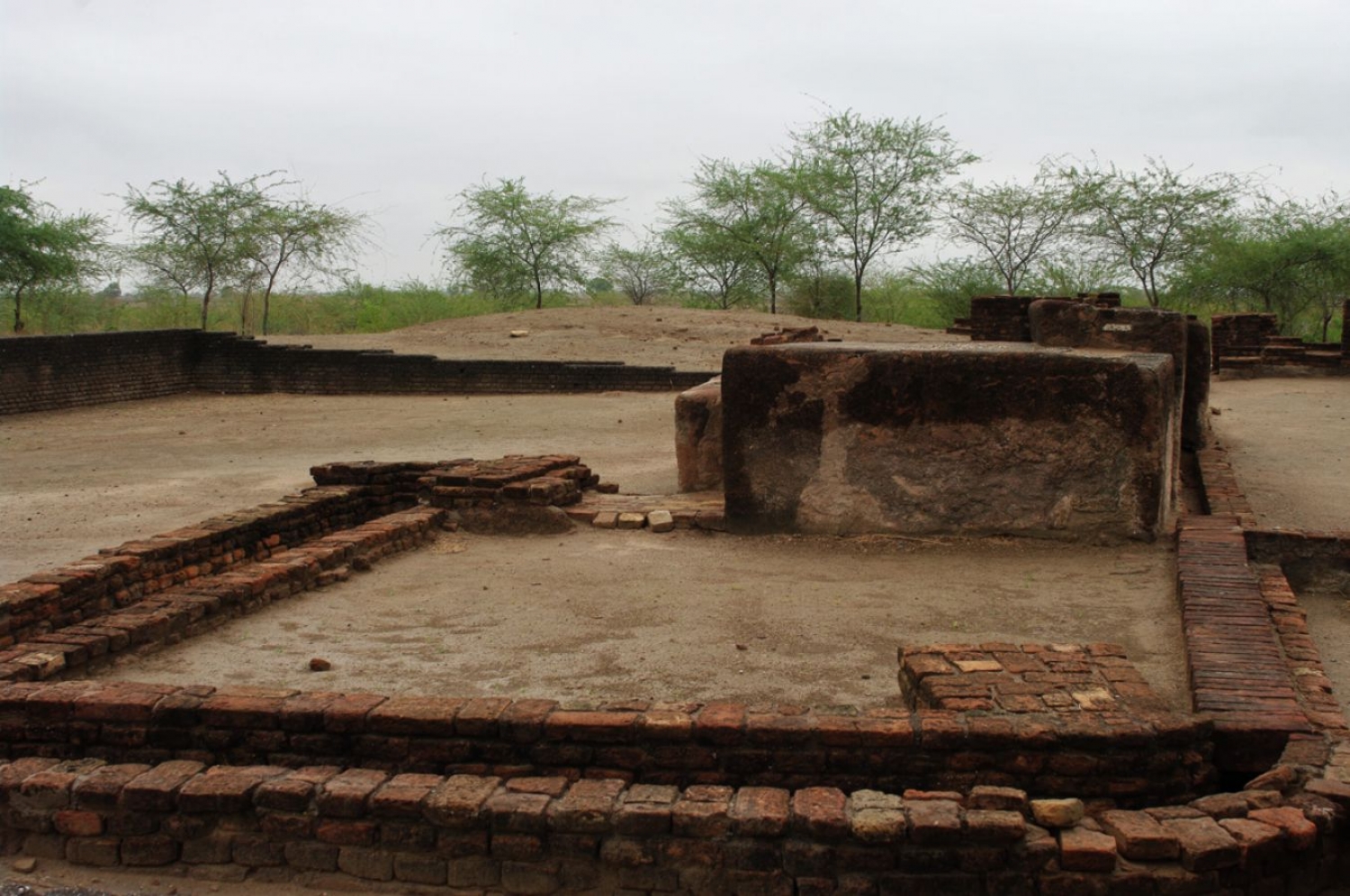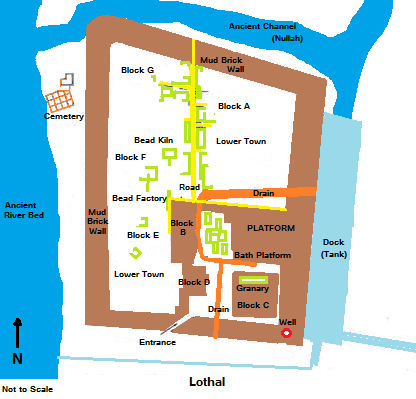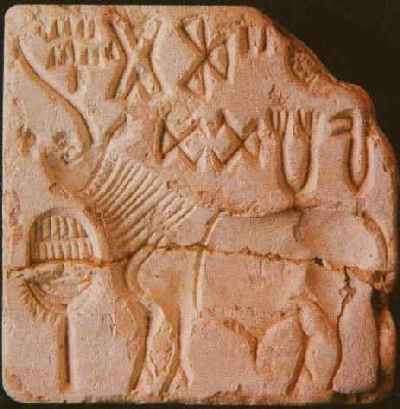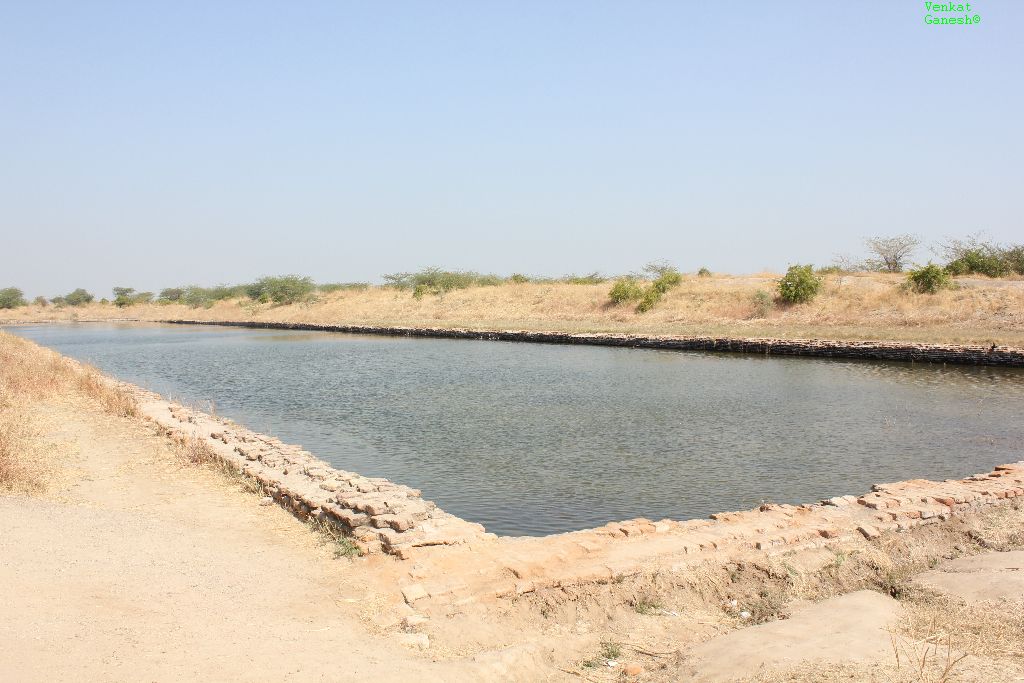
Published: byPragnesh Isharani,10 Jun, 2015
Places I explored :
LothalRecently I visited Gujarat’s ancient port located around 80KM from Ahmedabad and famously known as Lothal, an Archaeological site. Before I share my experience with you, here is the brief note about this ancient city of India.
In the year of 1955, Archaeological Survey of India found a magnificent-ancient city which was dated back to 3000 years before the born of Christ. The city, Lothal in itself is a unique kind of city among all other cities of Harappan civilisation. The excavation of Lothal proved that Gujarat had some well developed ports with dockyards and different kind of trading facilities even in ancient times.
 If you visit Lothal, you will find a big dockyard over there which was once used by Lothalian for anchoring their big sea vassals near to the city-entry gate. In Lothal, one will find a bead making factory which proves that Lothalian were masters in industrial production of artificial fine beads.
If you visit Lothal, you will find a big dockyard over there which was once used by Lothalian for anchoring their big sea vassals near to the city-entry gate. In Lothal, one will find a bead making factory which proves that Lothalian were masters in industrial production of artificial fine beads.
After the partition of India in 1947, excavation of Lothal proved similarity between Indian demography, culture and history with Pakistan for 5000 years by putting Lothal at par with Muvve-jo-Derro and Hadappa.
 If you are interested to know more about ancient civilisation which was contemporary with Inca, Maya, Machu-Pichu, Babylonian then you should once visit the Lothal. Remains of the city Lothal gives you glimpse of the technological advancement of then people in the field of town planning like roads intersecting each-other at ninety degree with inland sewage system, artificial lighting system at each four square of the town for visibility, common bathing system, water preservation techniques and many more things.
If you are interested to know more about ancient civilisation which was contemporary with Inca, Maya, Machu-Pichu, Babylonian then you should once visit the Lothal. Remains of the city Lothal gives you glimpse of the technological advancement of then people in the field of town planning like roads intersecting each-other at ninety degree with inland sewage system, artificial lighting system at each four square of the town for visibility, common bathing system, water preservation techniques and many more things.
Remains of Lothal are enough to prove that these people in ancient time were highly sensitive about cleanliness and for the reason they had a system of common bathing facilities in the city. This common bathing system was very different from the contemporary swimming pool where former is related with common hygiene system and later is related to recreation. The Lothalian Streets were created in the parallel direction of wind to remove dirt automatically by natural wind flow. You will find ruins of systematic sewage system in Lothal which proves their advancement in town planning and ‘Keep Clean Lothal’ concept.
At the site , you will find a well managed museum which is enriched with Lothalian art and artefacts like dancing bronze girl, seals, fine beads , big pottery vessels with depicted stories on it like ‘fox and crow’.
Lothal was a city within the range of Sindhu River in ancient time. The river Bhogavo was the sea rout connection of Lothalian people with Arabian Sea for trade of fine beads to bronze articles. We find some Lothalian seals from Ur and Kish (Babylon- modern Iraq) as well as Jalalabad (Afghanistan) and Susa (Iran) which are evidences of business relations of Lothalian people and world civilisations.

If you are interested in the study of Archaeology, Civilisation, Ancient Trade and Town Planning System, Lothal is the best place to visit. This is the city without population in Gujarat which speaks loudly about Gujarat’s ethos of business and world wandering.